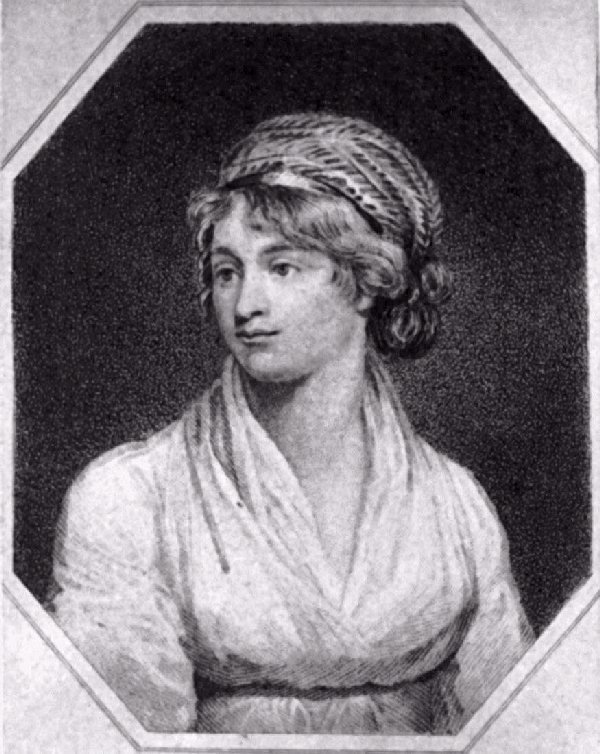 |
||||
|
Feminist BooksThe Power of Words: A Journey through the History of Feminist Books Feminist literature has played a profound role in shaping feminist discourse, challenging societal norms, and amplifying the voices of women. From early feminist treatises to contemporary memoirs and novels, this article explores the rich and diverse history of feminist books, highlighting their impact on the feminist movement and their enduring relevance today. Early Feminist Writings: The feminist literary tradition traces its roots back to the works of early feminist thinkers. Mary Wollstonecraft's "A Vindication of the Rights of Woman" (1792) is considered a groundbreaking feminist text, advocating for women's education and equality. Other influential works from this era include Harriet Taylor Mill's "The Enfranchisement of Women" (1851) and John Stuart Mill's "The Subjection of Women" (1869), which examined the patriarchal structures that limited women's rights. First Wave Feminism and Suffrage Literature: During the first wave of feminism in the late 19th and early 20th centuries, suffrage literature became a crucial tool for the feminist movement. Books such as "The Women's Bible" (1895) by Elizabeth Cady Stanton, "Suffrage Songs and Verses" (1894) edited by Charlotte Perkins Gilman, and "The Story of My Life" (1915) by suffragist Emmeline Pankhurst, provided intellectual and emotional fuel to the suffrage movement, inspiring women to fight for their right to vote. Second Wave Feminism and Manifestos: The second wave of feminism in the 1960s and 1970s witnessed the rise of feminist manifestos that aimed to challenge and redefine traditional gender roles. Betty Friedan's "The Feminine Mystique" (1963) sparked a national conversation about the dissatisfaction experienced by American women in their domestic lives. Kate Millett's "Sexual Politics" (1970) analyzed the connections between sex, power, and patriarchy, while Shulamith Firestone's "The Dialectic of Sex" (1970) explored the relationship between feminism and the sexual revolution. Intersectionality and Third Wave Feminism: The emergence of third wave feminism in the 1990s brought a greater emphasis on intersectionality and diverse feminist perspectives. Prominent feminist authors like bell hooks, Audre Lorde, and Gloria Anzaldúa challenged mainstream feminism to include the experiences of women of color, queer women, and women from different cultural backgrounds. Books such as hooks' "Ain't I a Woman?" (1981), Lorde's "Sister Outsider" (1984), and Anzaldúa's "Borderlands/La Frontera" (1987) became touchstones for intersectional feminism. Contemporary Feminist Literature: In recent years, feminist literature has continued to evolve, reflecting the concerns and experiences of contemporary feminism. Roxane Gay's "Bad Feminist" (2014) explores the complexities of modern feminism, while Chimamanda Ngozi Adichie's "We Should All Be Feminists" (2014) presents a concise and accessible introduction to feminist ideas. Books like "Men Explain Things to Me" (2014) by Rebecca Solnit and "Hood Feminism" (2020) by Mikki Kendall tackle topics such as mansplaining, violence against women, and the need for intersectional activism. Memoirs and Personal Narratives: The power of personal narratives has been instrumental in bringing lived experiences of women to the forefront. Memoirs and autobiographical works by feminist authors such as Maya Angelou, Malala Yousafzai, Audre Lorde, and bell hooks provide powerful insights into the struggles and triumphs of women in various cultural contexts. Conclusion: Feminist books have served as catalysts for change, challenging societal norms and expanding the feminist discourse. From the foundational texts of early feminism to the intersectional and diverse perspectives of contemporary works, feminist literature continues to inspire and educate. These books have played a vital role in the feminist movement, shaping conversations, and empowering readers to envision a more equitable and inclusive world.
Feminist Authors/PoetsWriters like Virginia Woolf and poets like Hattie Gossett use words to communicate a feminist message. The beauty of words is that they're so easily reproduced, making it a more efficient way of spreading knowledge about the rights of women.
|
|
|||
|
|
||||
|
|
||||
 |
Health Matters - Historical Feminism - International Feminism - Lesbian Feminism - Male Feminism - Modern Feminism - Musical Feminism Philosophy of Feminism - Postfeminism - Pro-Choice Feminism - Quotes by Feminists - Religion and Feminism - Sports and Feminism |
 |
||
